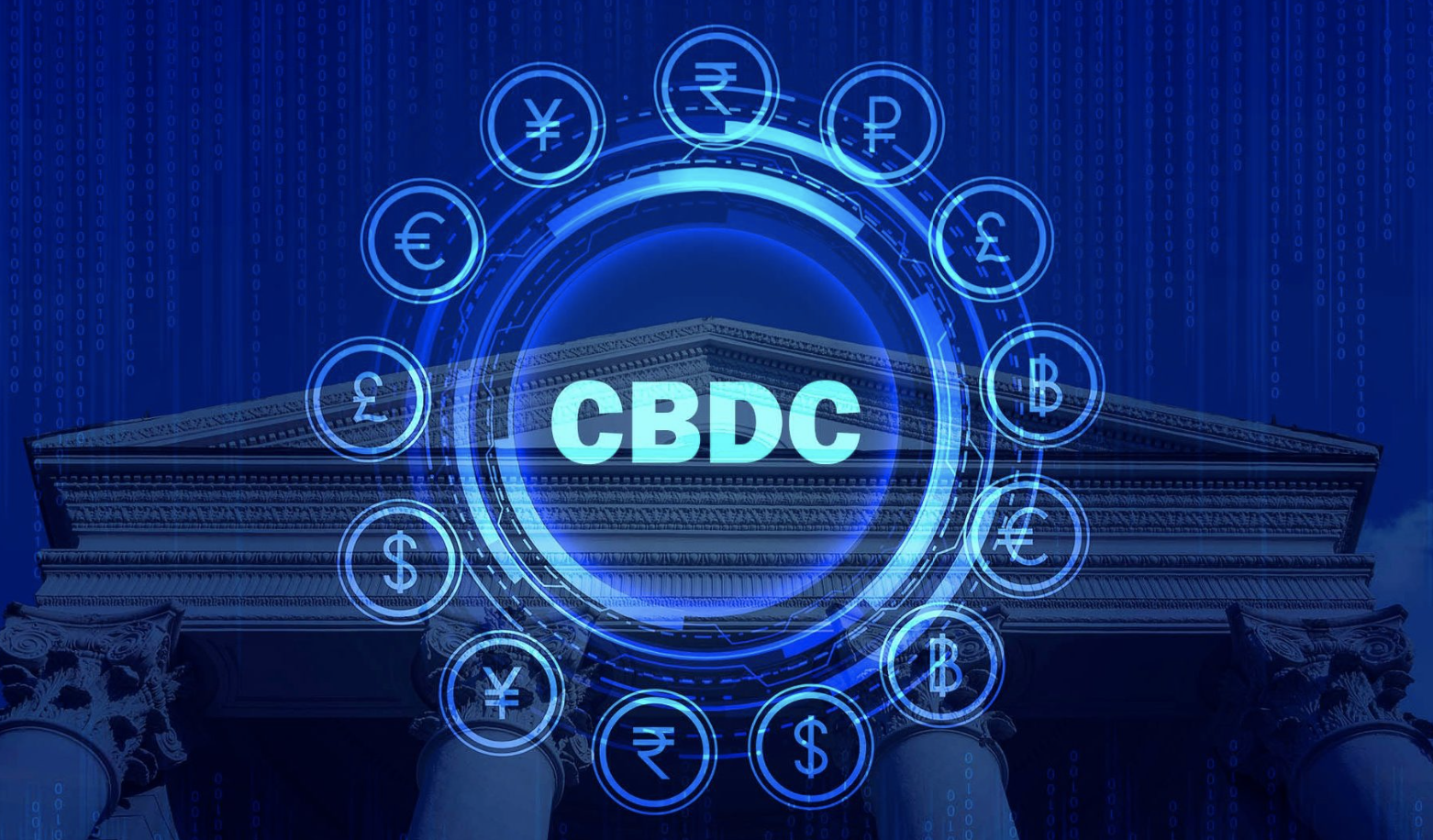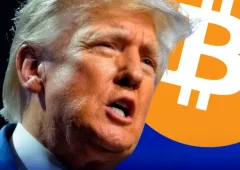South Korean Stores Begin CBDC Payment Trials with Special Discounts
03.04.2025 9:00 2 min. read Alexander Stefanov
7-Eleven stores in South Korea are set to embrace the country's central bank digital currency (CBDC) as a payment option until June, participating in the ongoing national trial of digital currency.
Customers paying with CBDC during this period will receive a 10% discount on all items.
Moon Dae-woo, who leads digital innovation at 7-Eleven, emphasized that this initiative aligns with the company’s push towards digital transformation. He sees the trial as an opportunity to integrate modern payment technologies into everyday retail.
The nationwide CBDC pilot, which began on April 1 and runs through June 30, includes around 100,000 participants. These users can convert their bank deposits into CBDC tokens, which mirror the value of the Korean won. Payments can be made at various participating outlets, including coffee shops, supermarkets, and K-Pop merchandise stores, with a spending limit of 5 million won ($3,416) during the trial.
The project, spearheaded by the Bank of Korea, the Financial Services Commission, and the Financial Supervisory Service, aims to explore how a digital currency might function within the country’s financial system. Major banks such as KB, Koomin, Shinhan, and others are also involved, allowing eligible citizens to participate by converting their bank balances into digital tokens.
By testing the CBDC in real-world retail environments, South Korea hopes to assess the viability of integrating a digital currency into everyday transactions. The trial represents a step toward potentially creating a new monetary system driven by digital payments.
-
1
Binance Pushes Back Against FTX Lawsuit, Calls Claims “Baseless”
21.05.2025 8:00 2 min. read -
2
Ark Invest Buys Into eToro as Shares Surge on Nasdaq Debut
16.05.2025 8:00 1 min. read -
3
New Ethereum Initiative Targets Institutional-Grade Security Standards
16.05.2025 14:00 1 min. read -
4
JPMorgan CEO Warns Market Is Overlooking Risks from Tariff Tensions
22.05.2025 8:00 1 min. read -
5
FIFA Teams Up with Avalanche to Launch Its Own Blockchain
23.05.2025 9:00 1 min. read
Yuga Labs Moves to Dismantle ApeCoin DAO in Favor of Centralized Structure
In a bold move to reshape the future of ApeCoin, Yuga Labs has introduced a proposal that would dissolve the existing ApeCoin DAO and replace it with a streamlined management body called ApeCo.
ARK Invest Makes Bold Bet on Circle as Stablecoin Giant Enters Wall Street
Circle’s arrival on the New York Stock Exchange sent shockwaves through the market, and Cathie Wood’s ARK Invest wasted no time jumping in.
WazirX Restructuring Plan Blocked by Singapore High Court
WazirX’s bid to restructure and compensate victims of a $230 million hack has been rejected by the Singapore High Court, putting the exchange’s recovery roadmap in limbo.
Tariffs Not a Threat to S&P Momentum, Says Fundstrat’s Tom Lee
Fundstrat’s Tom Lee believes that lingering caution in the stock market could actually be setting the stage for another bullish breakout.
-
1
Binance Pushes Back Against FTX Lawsuit, Calls Claims “Baseless”
21.05.2025 8:00 2 min. read -
2
Ark Invest Buys Into eToro as Shares Surge on Nasdaq Debut
16.05.2025 8:00 1 min. read -
3
New Ethereum Initiative Targets Institutional-Grade Security Standards
16.05.2025 14:00 1 min. read -
4
JPMorgan CEO Warns Market Is Overlooking Risks from Tariff Tensions
22.05.2025 8:00 1 min. read -
5
FIFA Teams Up with Avalanche to Launch Its Own Blockchain
23.05.2025 9:00 1 min. read


